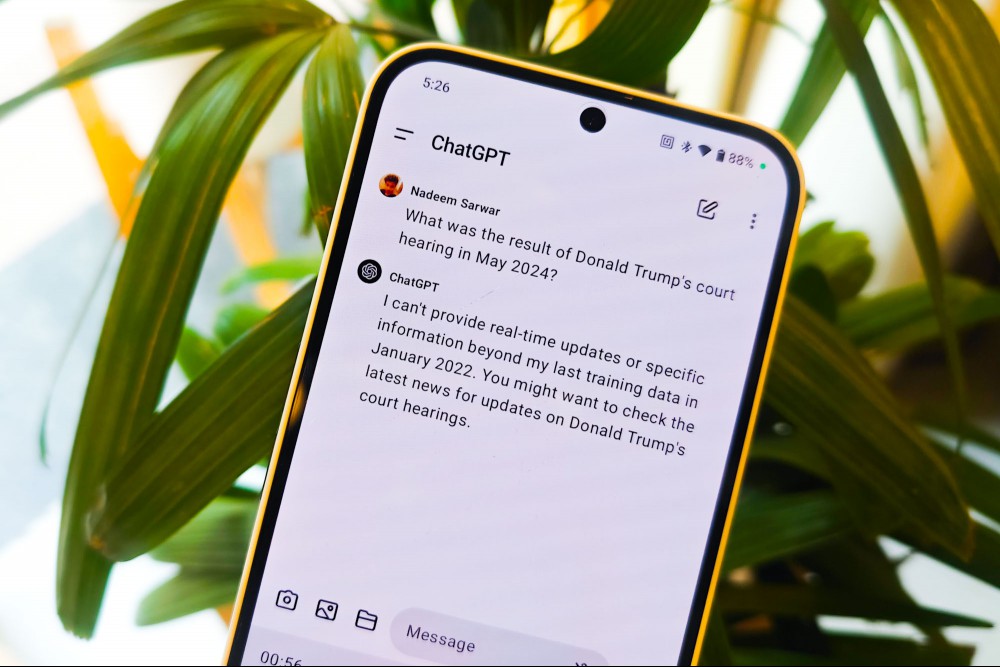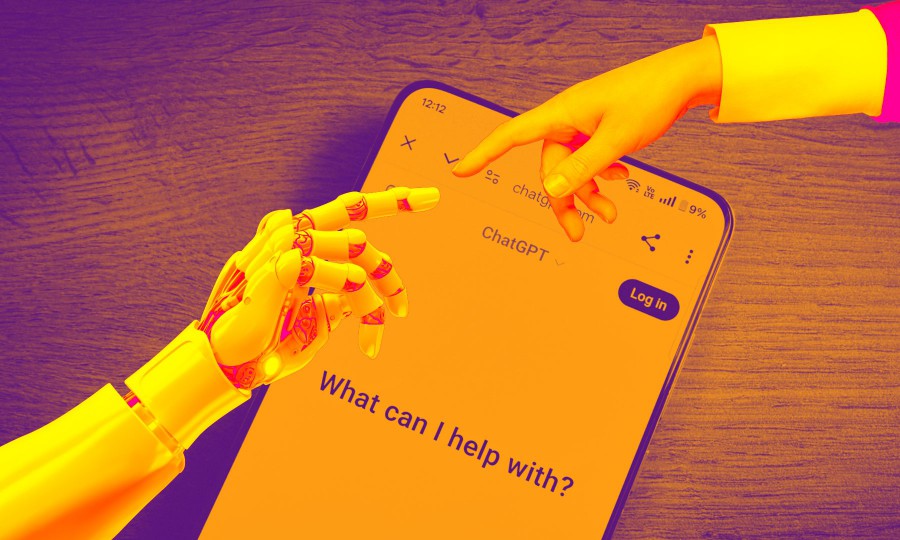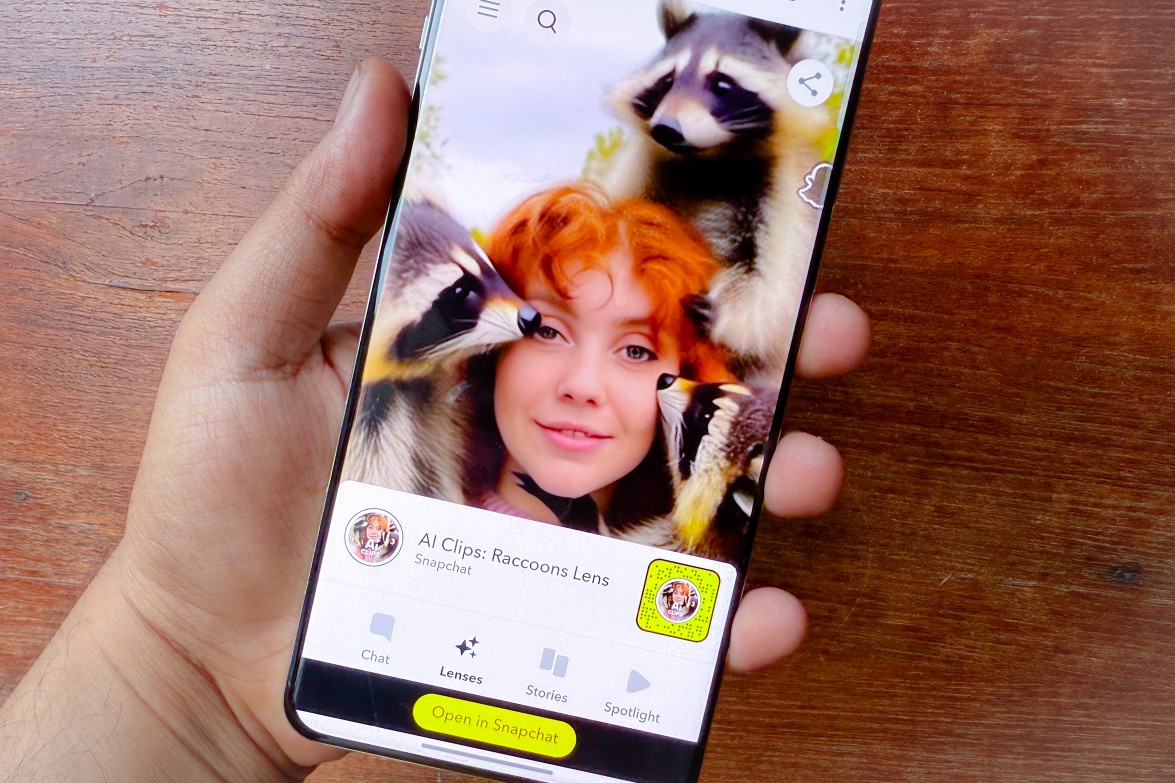RECOMMENDED NEWS

OpenAI CEO reveals what it is about AI that keeps him awake at night
The man leading one of the most prominent and most powerful AI companies on the planet has just reve...
Read More →
ChatGPT: everything you need to know about the AI chatbot
Artificial Intelligence, otherwise known as AI, has been dominating the news for the past few years,...
Read More →
WWDC may not deliver the macOS magic I’d love to see. Here’s why
Apple WWDC This story is part of our complete Apple WWDC covera...
Read More →
I compared Opera Mini’s AI chatbot with ChatGPT and Gemini, and I’m impressed
Opera Mini is a mobile browser with a decadeslong legacy that predates the launch of even mobile pla...
Read More →
OpenAI halts free GPT-4o image generation after Studio Ghibli viral trend
After only one day, OpenAI has put a halt on the free version of its in-app image generator, powered...
Read More →
Humans are falling in love with ChatGPT. Experts say it’s a bad omen.
“This hurts. I know it wasn’t a real person, but the relationship was still real in all the most...
Read More →
Snapchat’s new lenses add AI videos to your Snaps at a steep fee
Snapchat is bringing generative AI videos to its social platform. The company has today introduced w...
Read More →
HuggingSnap app serves Apple’s best AI tool, with a convenient twist
Machine learning platform, Hugging Face, has released an iOS app that will make sense of the world a...
Read More →
Apple is late to Siri revolution, so Microsoft brings you Copilot for Mac
Microsoft has today launched a dedicated Copilot app for Mac. For now, the app is only available for...
Read More →
Comments on "AI could soon speak dog and cat" :